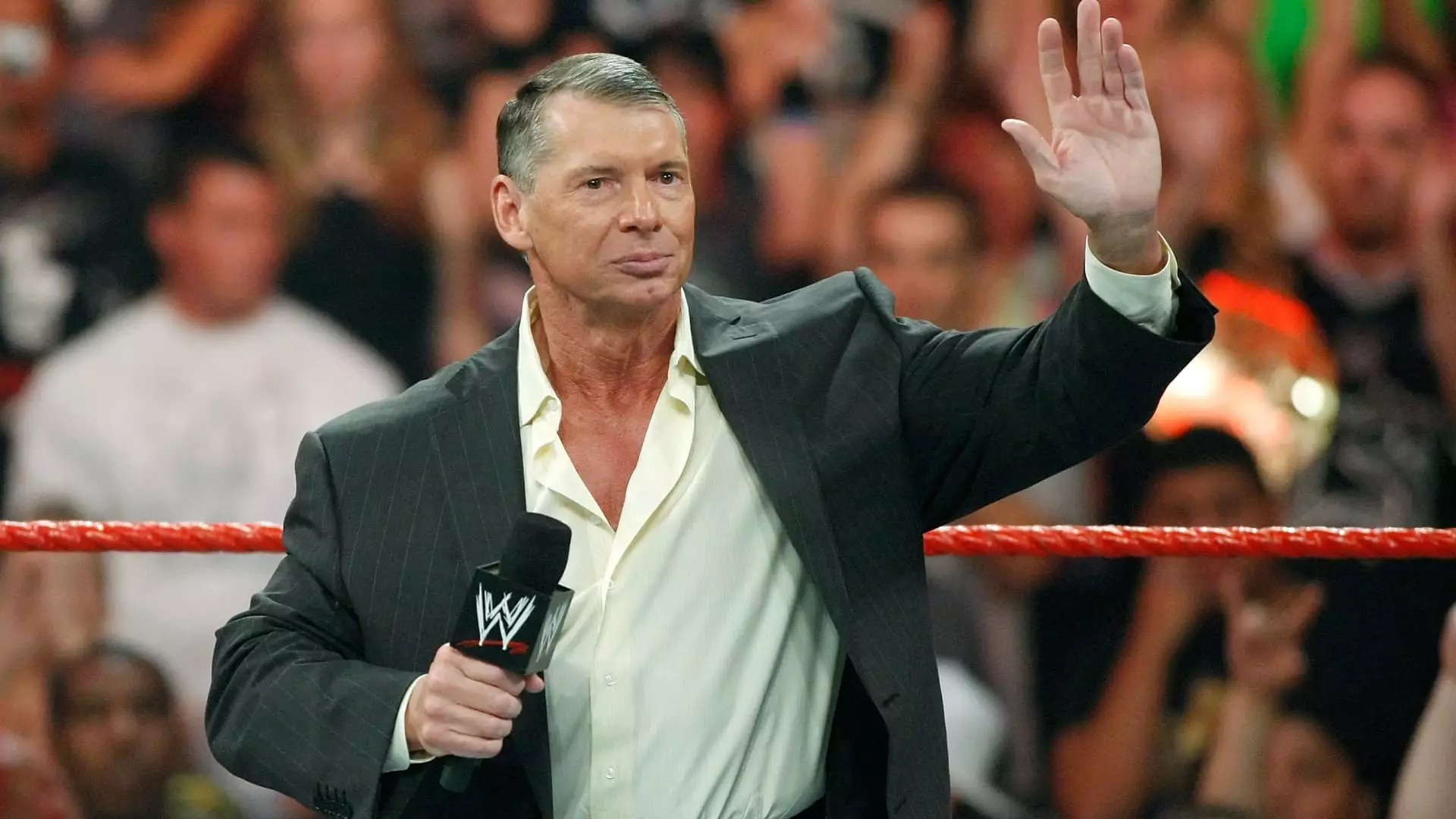The world of professional wrestling, often viewed as an entertainment spectacle, has recently been engulfed by serious allegations that challenge its image and ethics. A shocking lawsuit has emerged from Baltimore County, accusing Vince McMahon, his wife Linda, and World Wrestling Entertainment (WWE) of complicity in the sexual abuse of young boys by a former ringside announcer, Melvin Phillips Jr. This article delves into the intricacies of the lawsuit, the accusations contained within, and the broader implications for the wrestling industry.
In a lawsuit filed on behalf of five unnamed individuals, known as John Does, serious allegations have been leveled against Phillips, who passed away in 2012. The claimants assert that they were subjected to sexual exploitation, having been groomed and abused during the late 1980s and early 1990s at various wrestling events and venues. The lawsuit suggests that Phillips, who was tasked with overseeing young assistants, preyed on vulnerable children, specifically targeting those from troubled home environments.
Moreover, the lawsuit alleges that Vince and Linda McMahon, along with TKO Holdings, were acutely aware of Phillips’ inappropriate behavior but failed to take adequate measures to prevent further incidents. Such negligence underscores a concerning pattern of behavior that, if proven, reflects a grave moral failing on the part of the WWE’s leadership.
The claims detail a systematic pattern of grooming, manipulation, and abuse that the alleged victims endured. According to the plaintiffs, Phillips would entice them with promises of meeting wrestling superstars, using the allure of fame to lure them into a false sense of security. Once in a position of trust, he allegedly engaged in abusive acts, often documenting them on video, thus cementing a horrifying legacy of exploitation.
The implications of the McMahons’ alleged knowledge of Phillips’ misconduct cannot be overstated. The lawsuit contends that after receiving complaints about Phillips’ behavior, Vince McMahon dismissed him from WWE in 1988, only to reinstate him a mere six weeks later with a vague warning to maintain distance from minors. According to the allegations, this blatant disregard for the safety of young individuals represents a scandalous failure in leadership.
A Culture of Silence: The Aftermath of Injustice
Adding to the troubling narrative, the plaintiffs argue that they only recently became aware of the extent of knowledge the McMahons possessed about Phillips’ behavior due to revelations from another lawsuit involving sex trafficking allegations against Vince McMahon. The gravity of these claims ignites questions about the inner workings of WWE, and whether a culture of silence and fear has long protected wrongdoers within the organization.
The lawsuit has reignited discussions about accountability in positions of authority within entertainment industries, especially in environments where young individuals are vulnerable. As public sentiment shifts towards supporting survivors of abuse, the repercussions for those in leadership roles who fail to act appropriately in the face of allegations become increasingly profound.
Marci Hamilton, founder of Child USA, underscores the importance of legislative reform in facilitating justice for survivors of sexual abuse by pushing for the removal of statutes of limitations that often protect perpetrators from accountability. The ability of the alleged victims to pursue this case is seen as a crucial opportunity to expose systemic failures and advocate for changes that could ultimately protect future generations.
In an industry often marred by scandal, the recent lawsuit serves as a beacon for other victims to come forward. Furthermore, the release of the Netflix documentary, “Mr. McMahon,” that showcases accusations against Vince McMahon adds another layer of scrutiny to the wrestling mogul’s legacy.
As the lawsuit unfolds, it is crucial to remember that the impact reaches far beyond the individuals involved; it touches on the very foundations of trust within industries tasked with safeguarding youth. This case stands as a pivotal moment for WWE, urging a re-examination of its policies, culture, and commitment to protecting young individuals from exploitation. The time for change is now, as the industry must confront its past and pave the way for a future that prioritizes the safety and dignity of all individuals within its sphere.


Leave a Reply